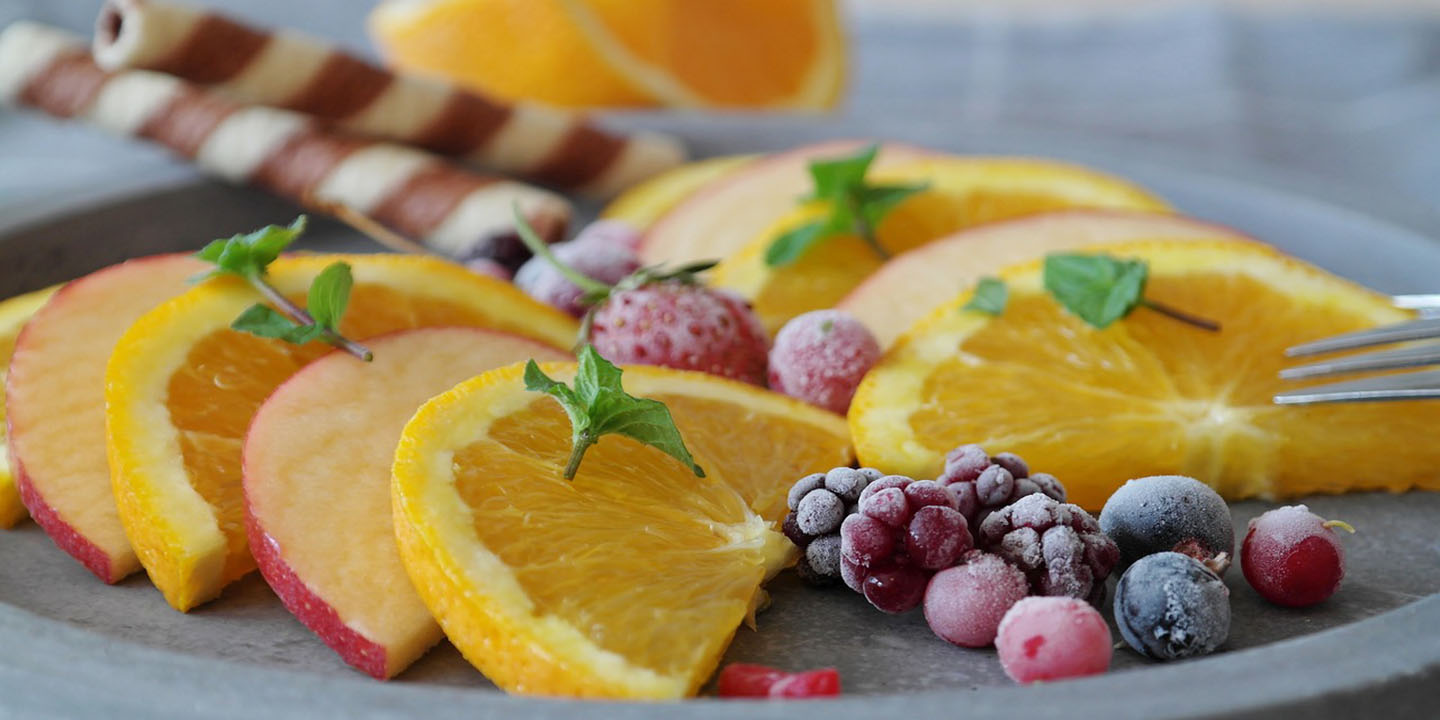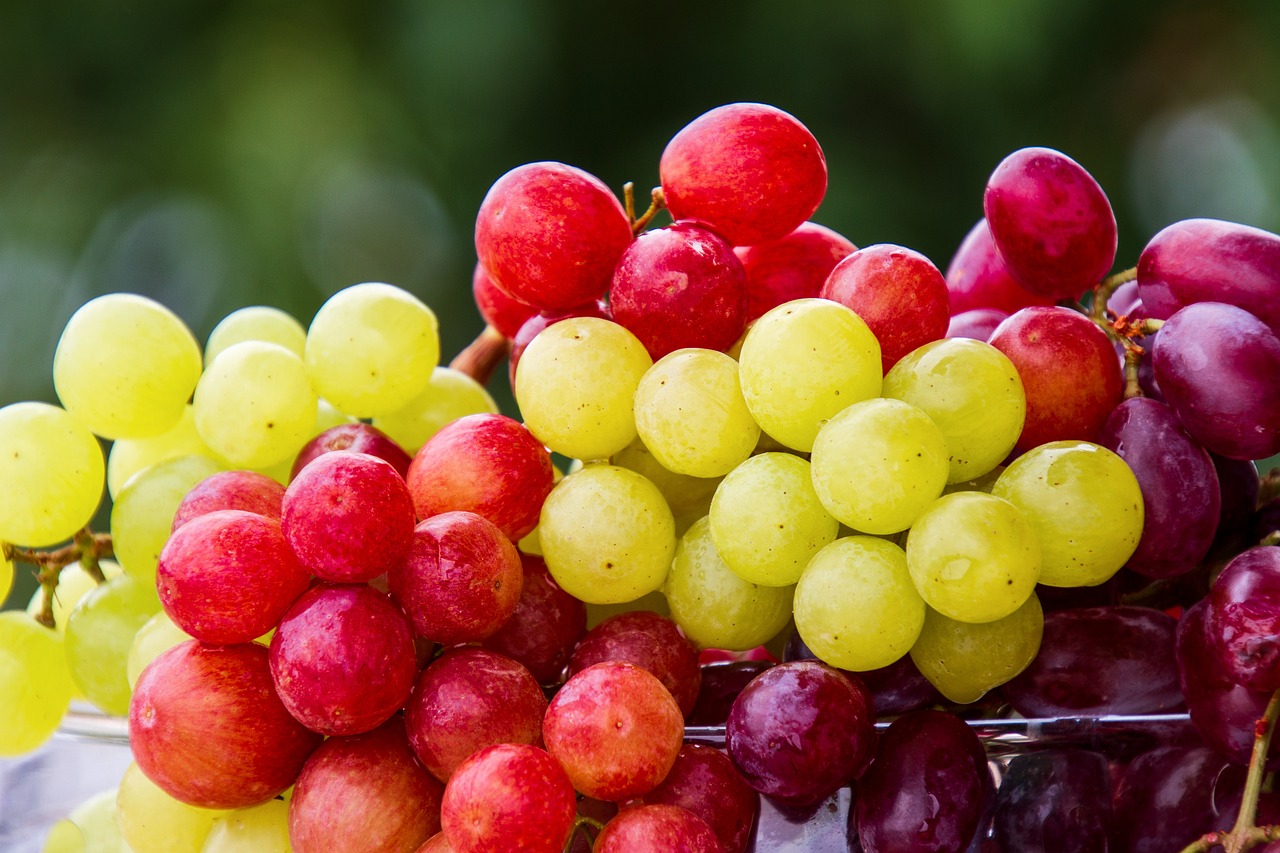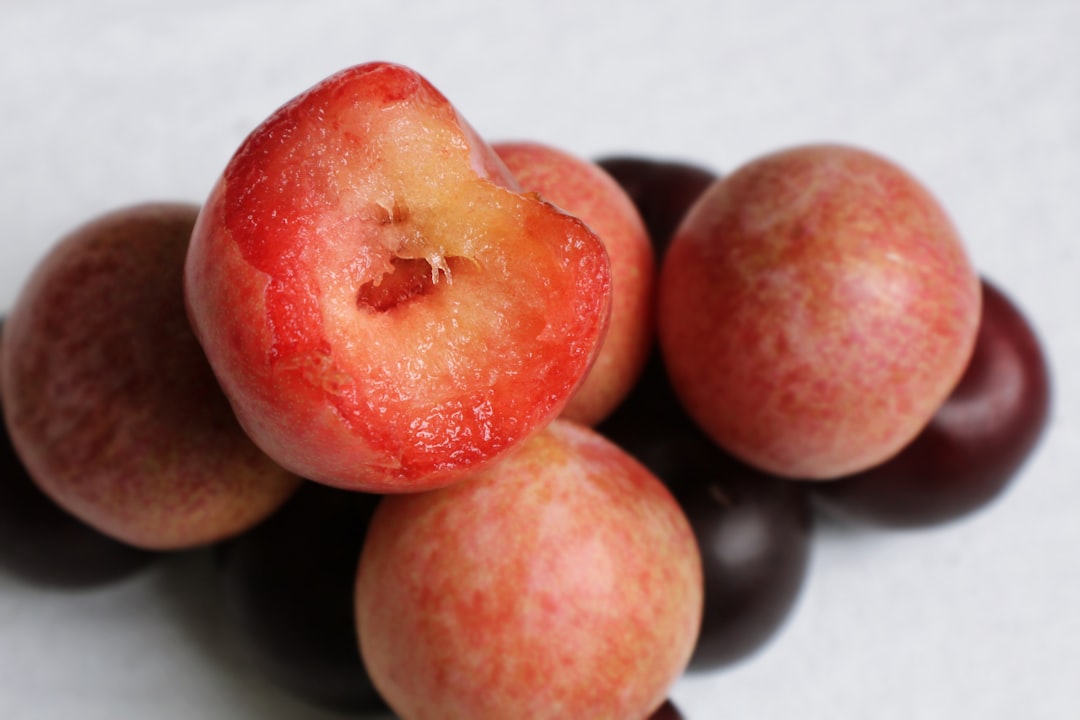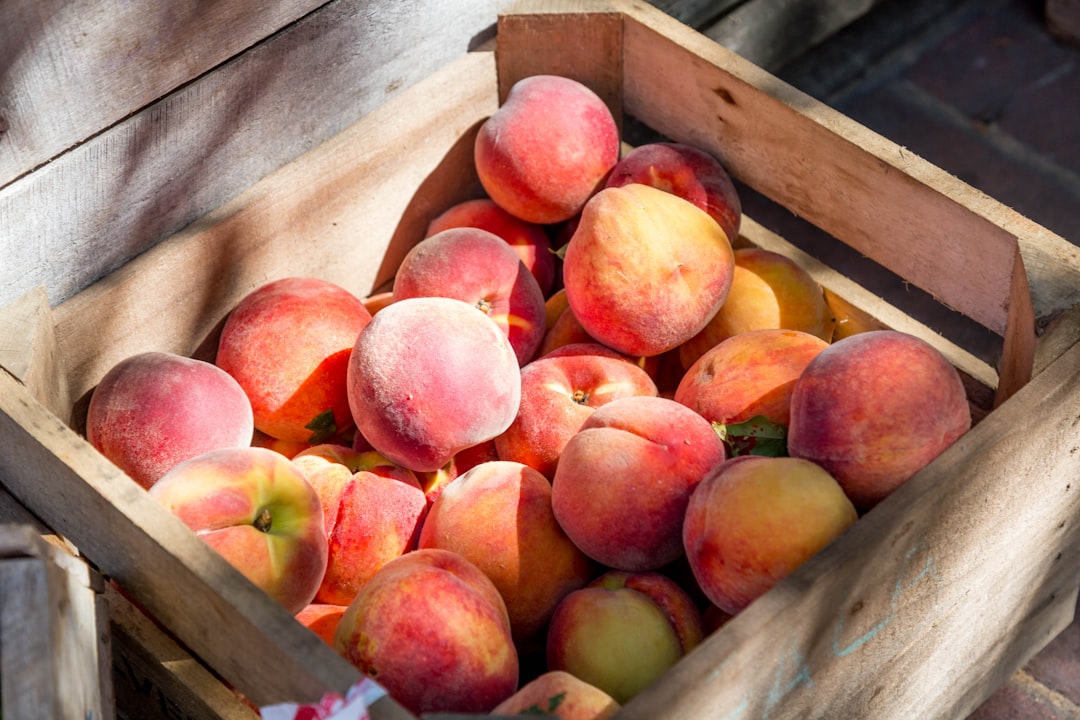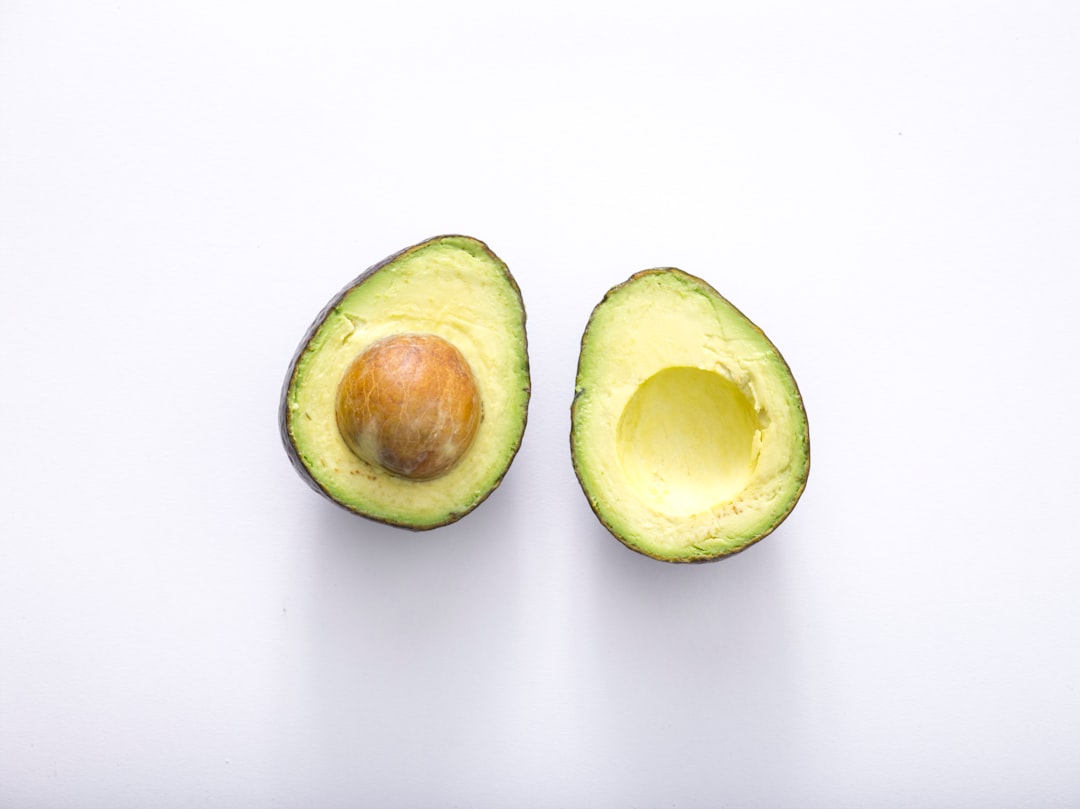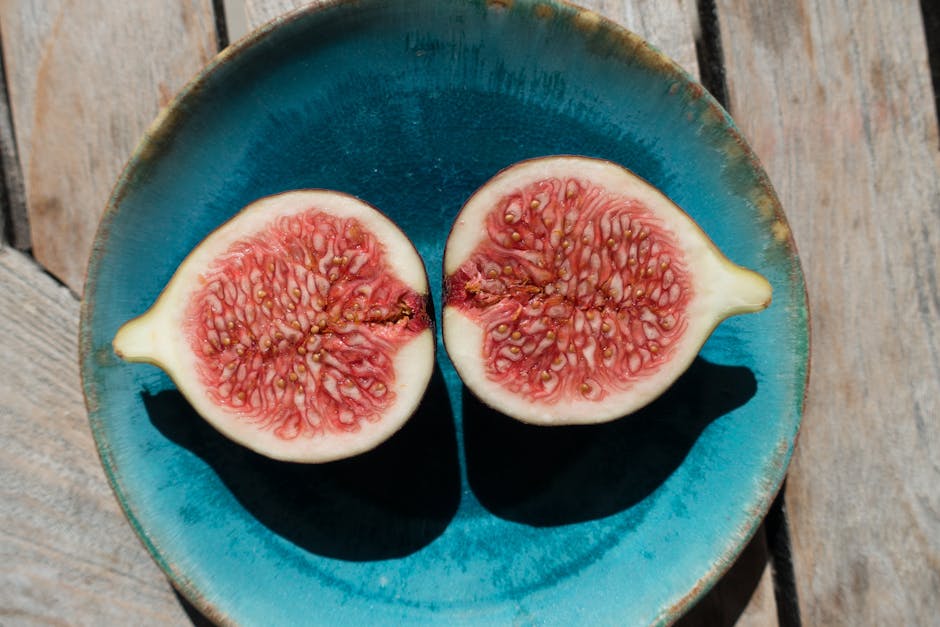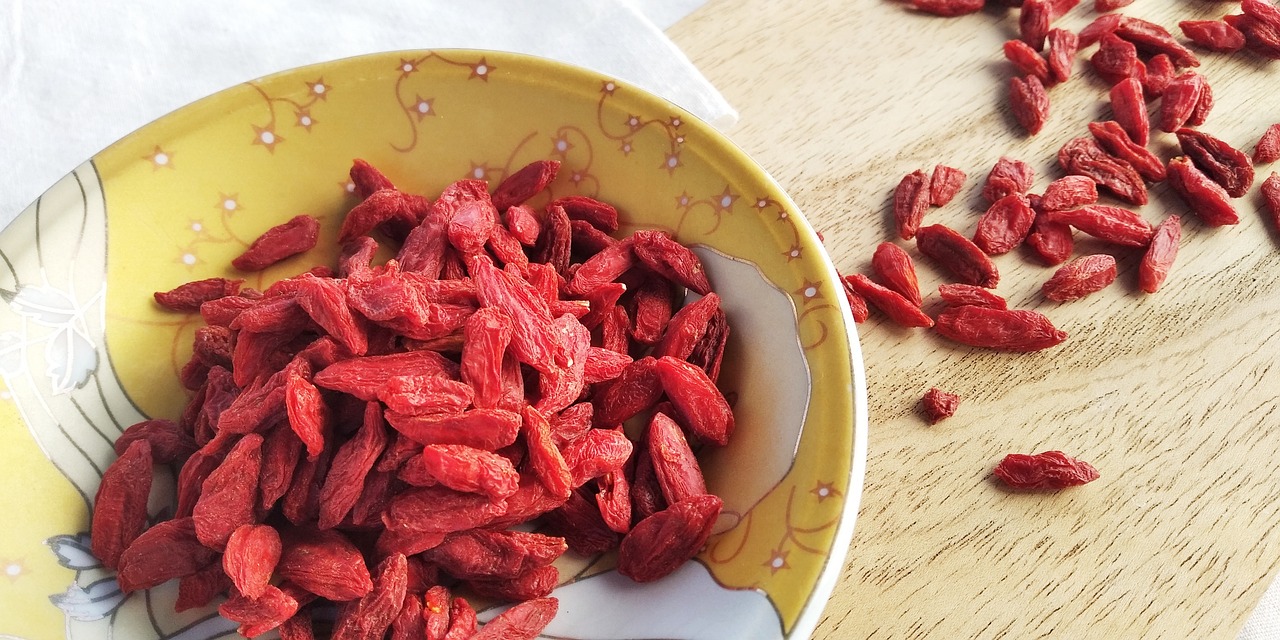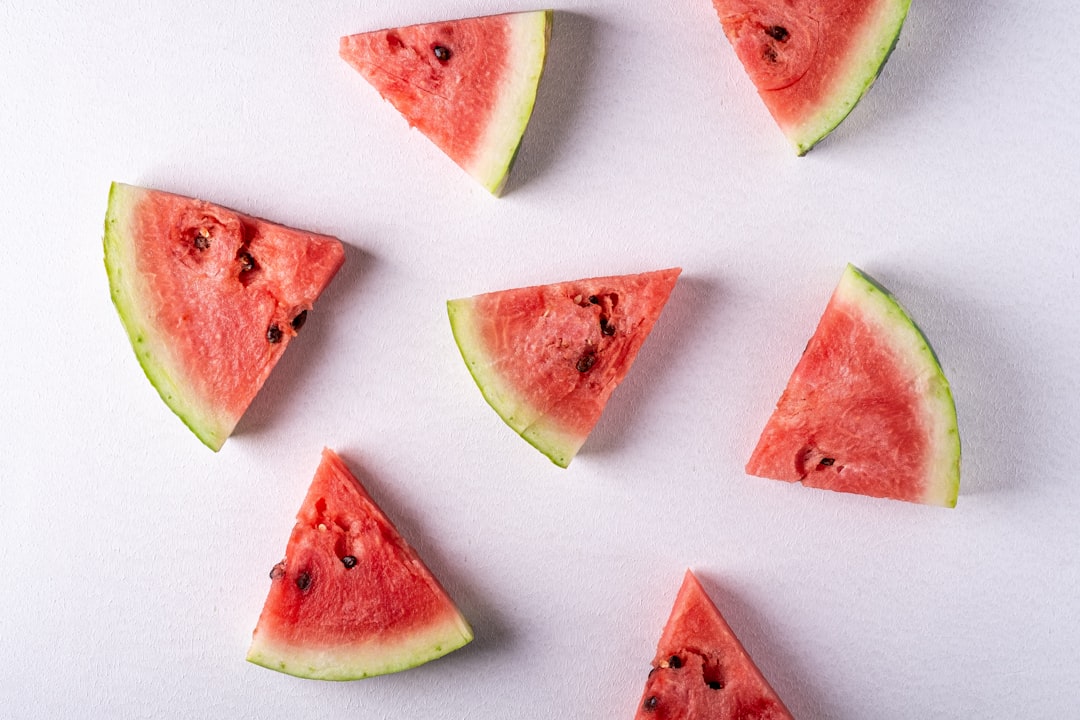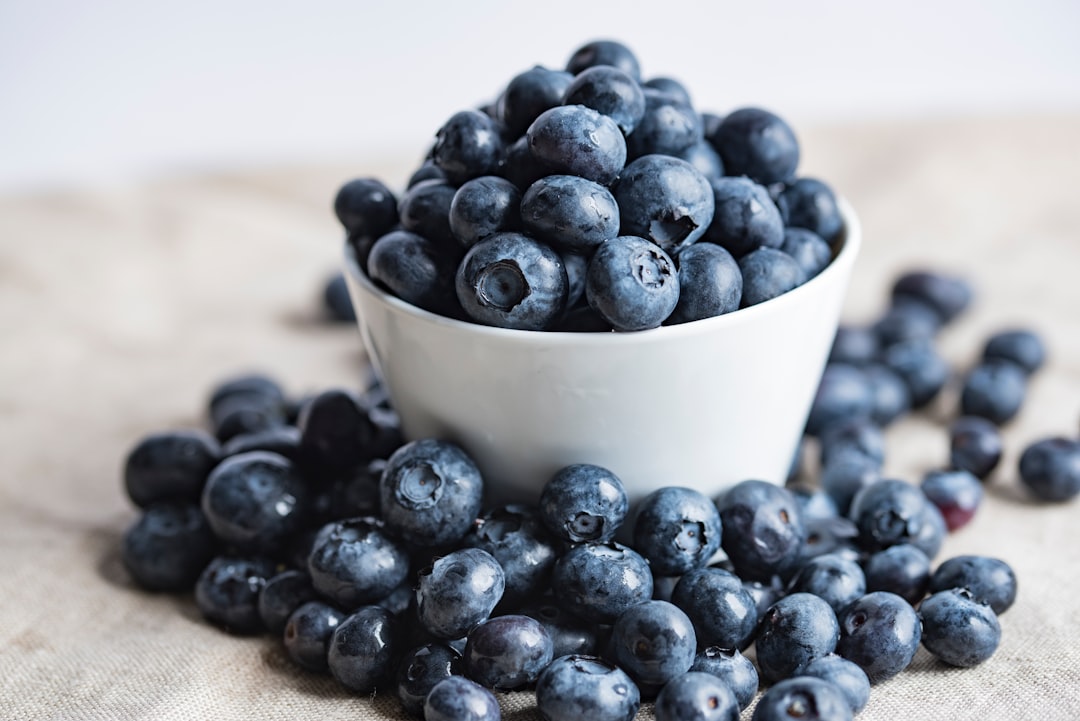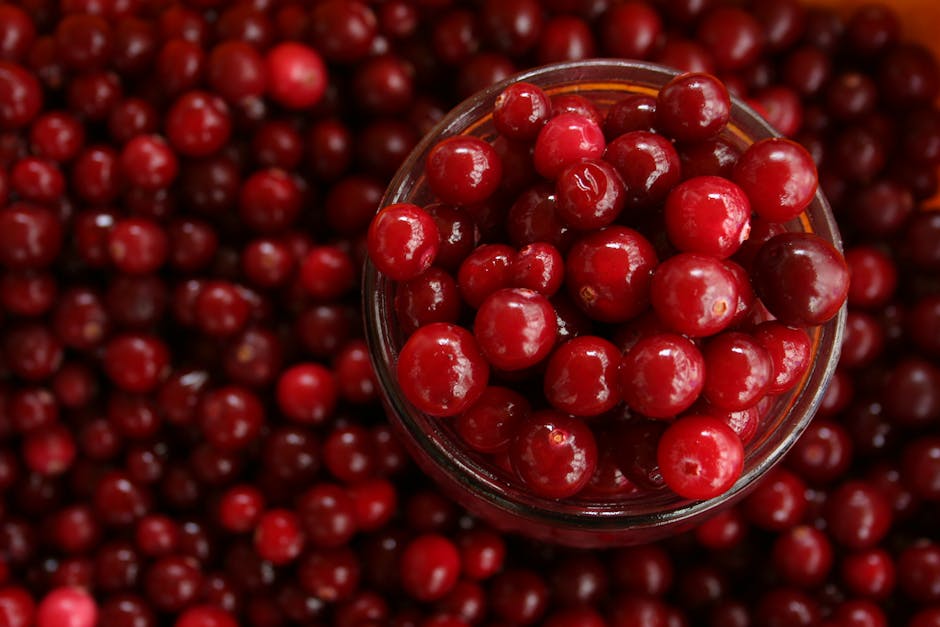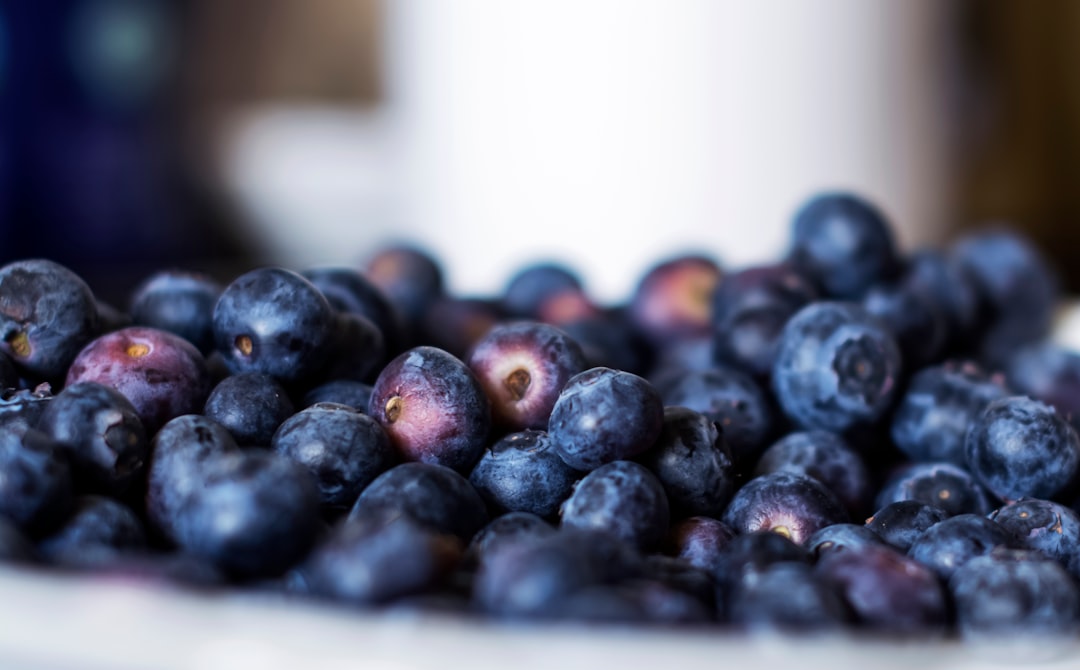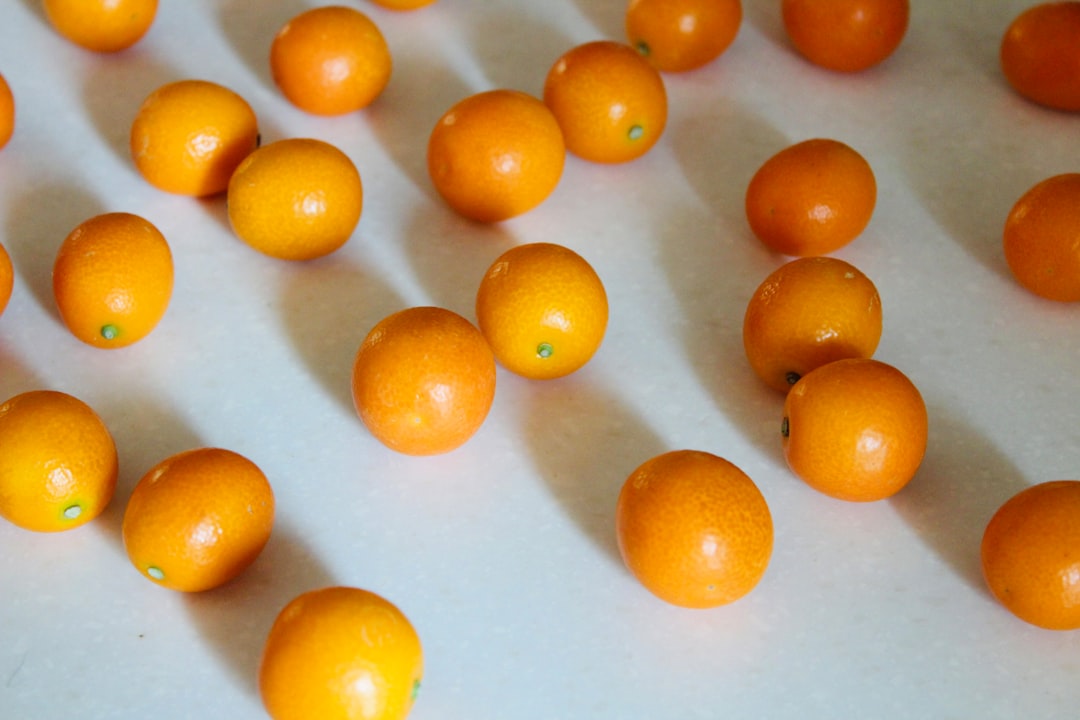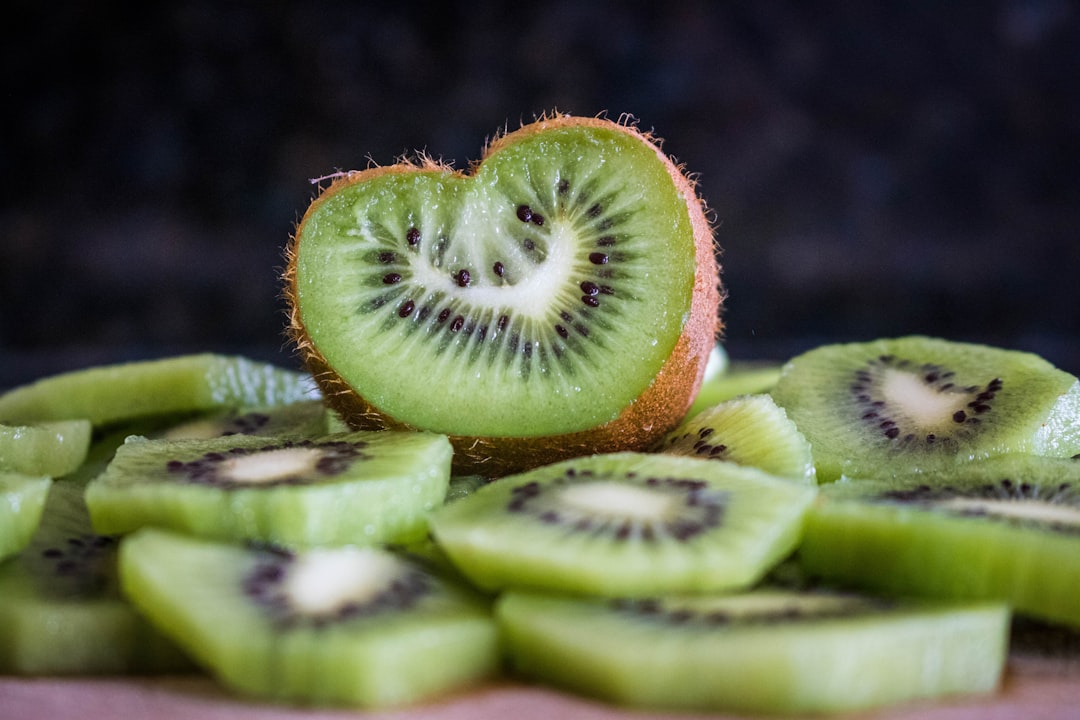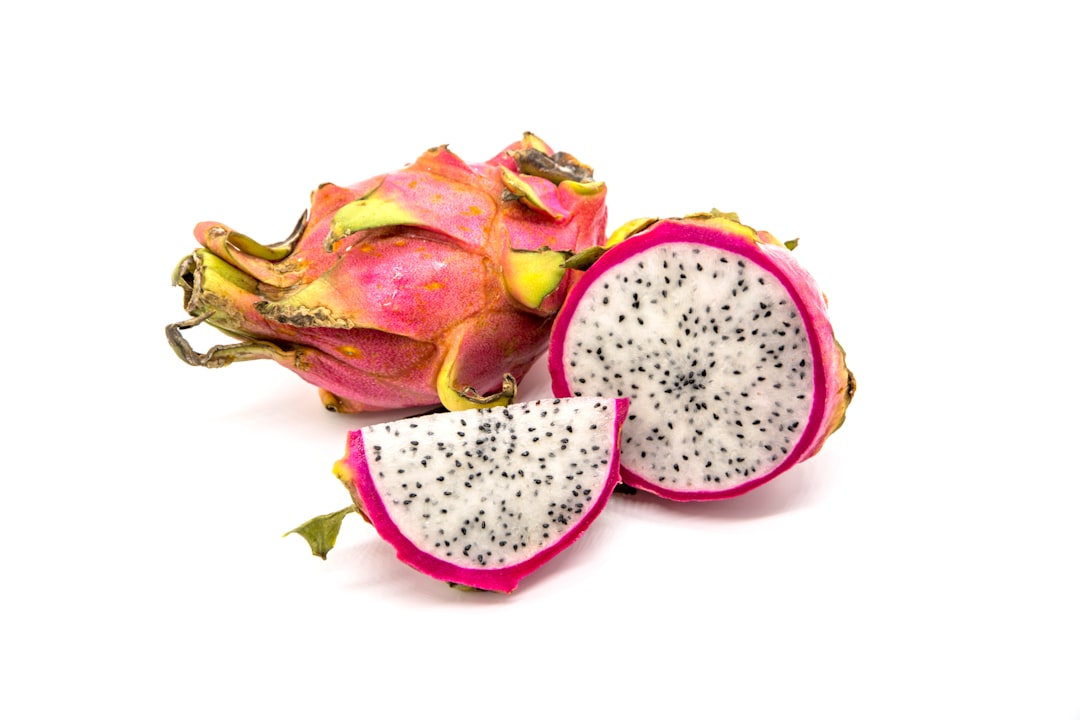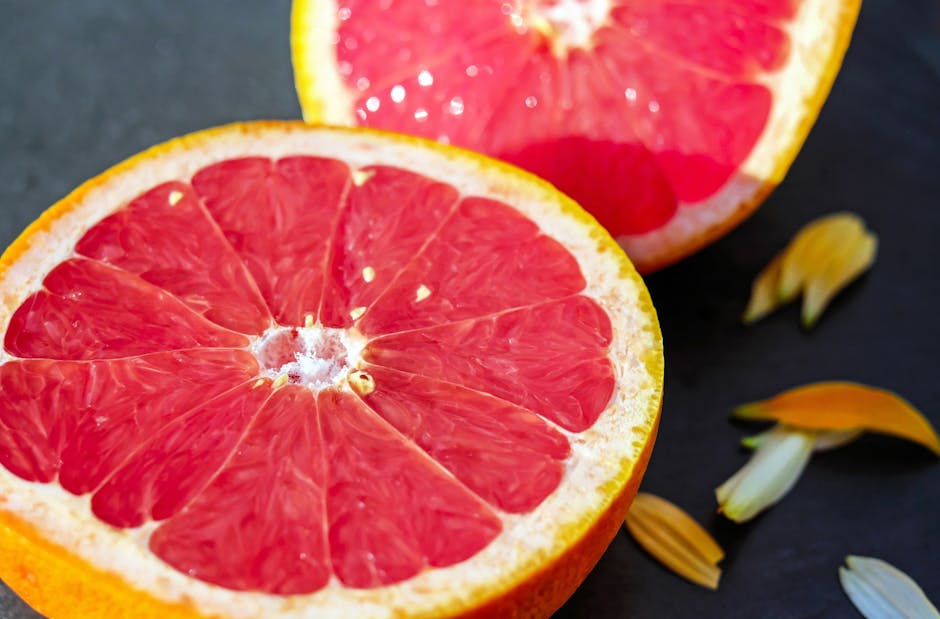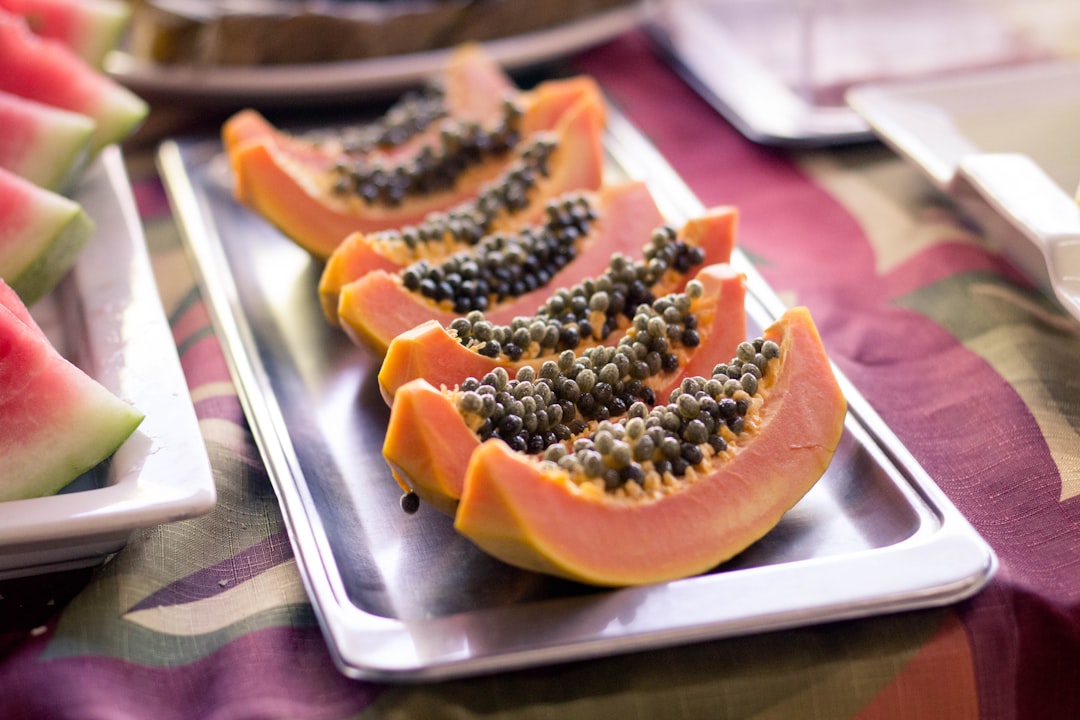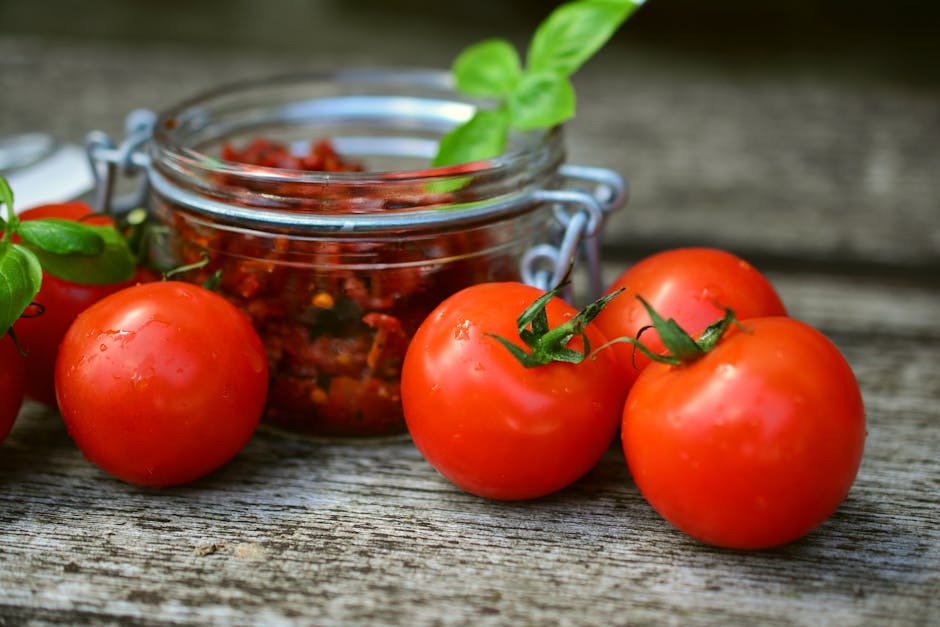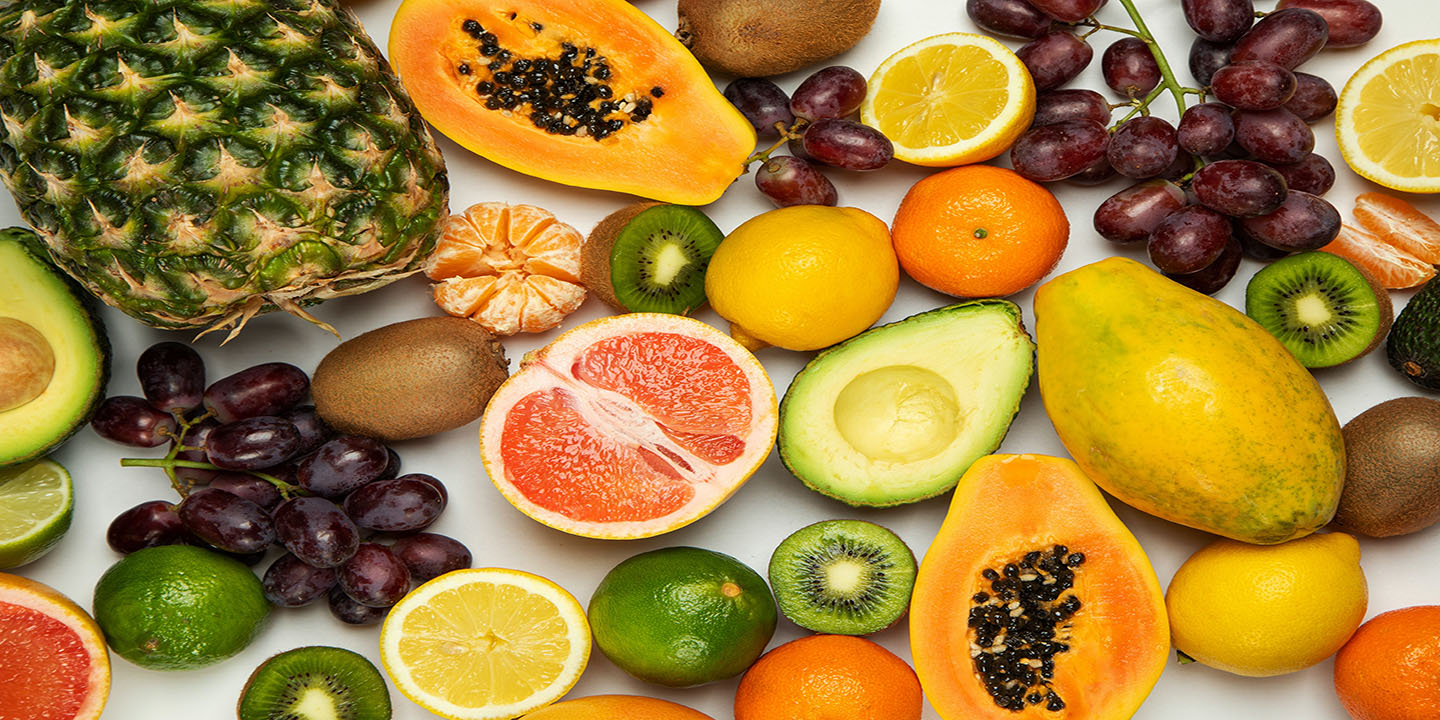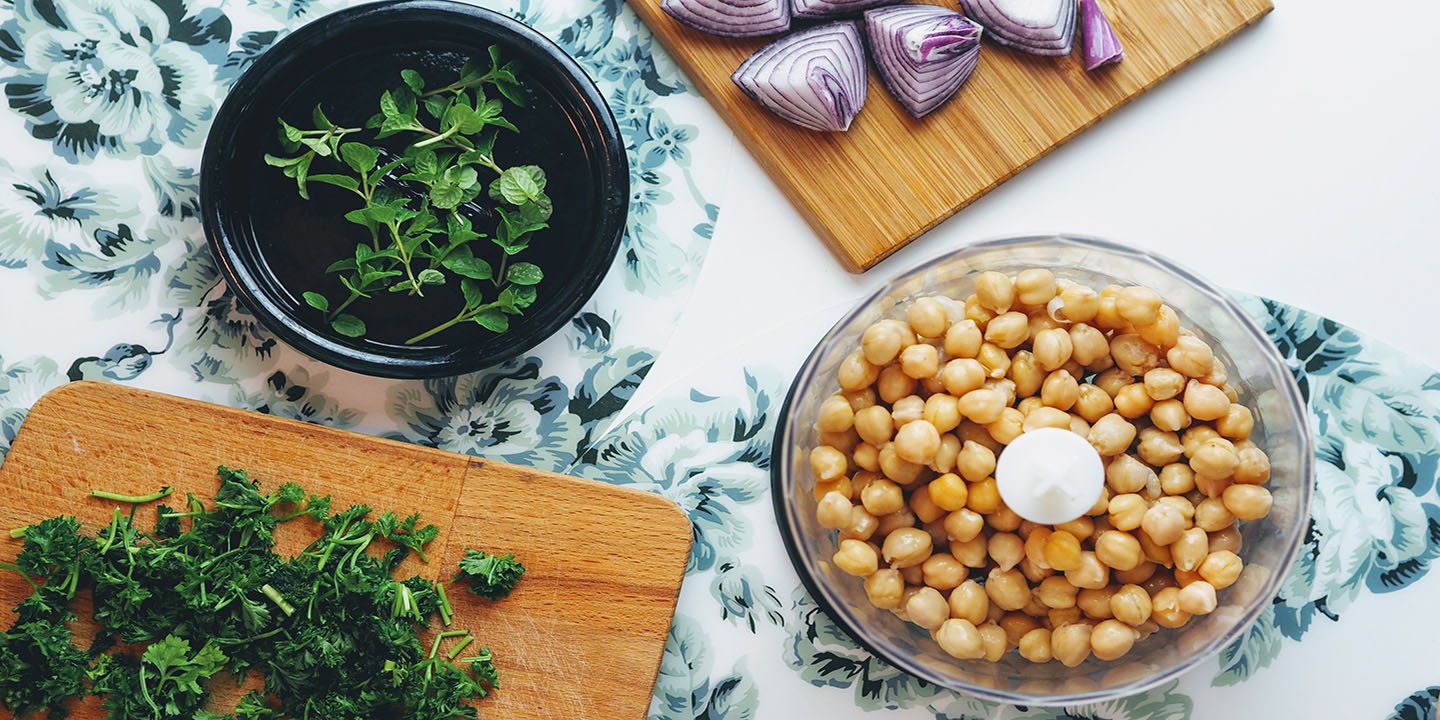Fruits You Shouldn't Skip Out On
It's no surprise fruits are good for us but just how beneficial are they? From grapes to goji berries, these superfoods can help reduce inflammation, protect our bodies from cell damage, and even lower the risk of cancer. Here are 20 nutritious—and delicious—fruits to stock up on your next grocery run.
1. Apples
You've likely heard the saying, "An apple a day keeps the doctor away." And it's true: not only are apples packed with fiber, antioxidants, and vitamins like C and K, they may also help decrease the chances of your body developing certain cardiovascular diseases, diabetes, and cancer.
2. Grapes
Similar to apples, grapes contain various antioxidants, like resveratrol, quercetin, anthocyanin, and catechin, which may prevent the growth and spread of cancer cells. One fun fact about this tiny fruit has to do with their colors: certain varieties are higher in anthocyanins (which give them their respective tints) and can aid in lowering the risk of brain and heart diseases.
3. Plums
Every juicy and refreshing bite of a plum is chock-full of vitamins and minerals. But perhaps less known is that they're also rich in hydroxycinnamic acids, a kind of antioxidant believed to protect your cells from attacks by free radicals.
4. Peaches
Though peaches are delicious when used in cobblers, pies, and cakes, they're actually better consumed raw. Once cooked, they aren't quite as high in the antioxidants and anti-inflammatory properties they're rich in, which can help reduce the possibility of chronic illnesses.
5. Avocados
Yes, avocados are a fruit—and they're loaded with healthy fats. Extremely versatile, you can throw them into your salad, smear onto a piece of toast, or mash together with onions and tomatoes to create guacamole. If you're watching your cholesterol, avocados may help lower your LDL (bad) levels.
6. Figs
Offering a great source of fiber, potassium, and vitamins like B6 and K1—which help with brain and bone health as well as blood-clotting properties—figs are not to be overlooked. They're also abundant in polyphenol antioxidants that control and regulate oxidation, and because they contain prebiotics as well, they promote a better gut environment.
7. Goji Berries
These tiny, sometimes pruny-looking berries are native to Asia and have been used as a herb supplement for more than 2,000 years. They're especially great for protecting the eyes and skin from harmful effects from the sun, containing antioxidants like zeaxanthin and phytochemicals like beta-carotene.
8. Pomegranates
More than just the usual benefits—such as reducing the risk of cancer and other chronic diseases—pomegranates can also prevent kidney stones from developing in your urinary tract. Their seeds and juices are also rife with antioxidants like ellagitannins and anthocyanins, which can prevent disease and inflammation.
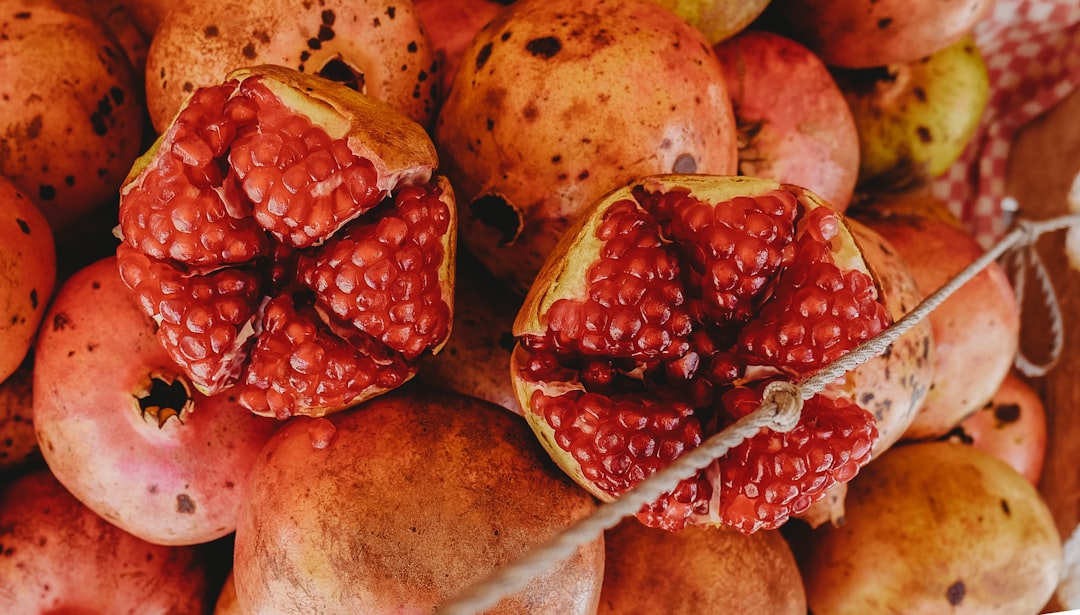 Roberto Carlos Román Don on Unsplash
Roberto Carlos Román Don on Unsplash
9. Watermelons
Ninety-two percent of watermelon is made up of water, meaning it's amazing at keeping your body hydrated. Boasting carotenoids like lycopene—which protects the body from overproducing cells—this fruit also contains plant compounds like cucurbitacin E, which can also inhibit cancerous growths.
10. Blueberries
Blueberries were one of the first to be deemed a "superfood" and for good reason. Though tiny, they're packed with phytochemicals, fiber, and vitamins. Even eating a handful of them can aid in decreasing the risk of type 2 diabetes, boost gut health, and fight against urinary tract infections.
11. Strawberries
Strawberries are packed with various nutrients and, despite their sweetness, can be enjoyed guilt-free. Other than being rich in vitamins, minerals, and antioxidants, strawberries may also help inhibit glucose and insulin from spiking too quickly, which in turn regulates blood sugar.
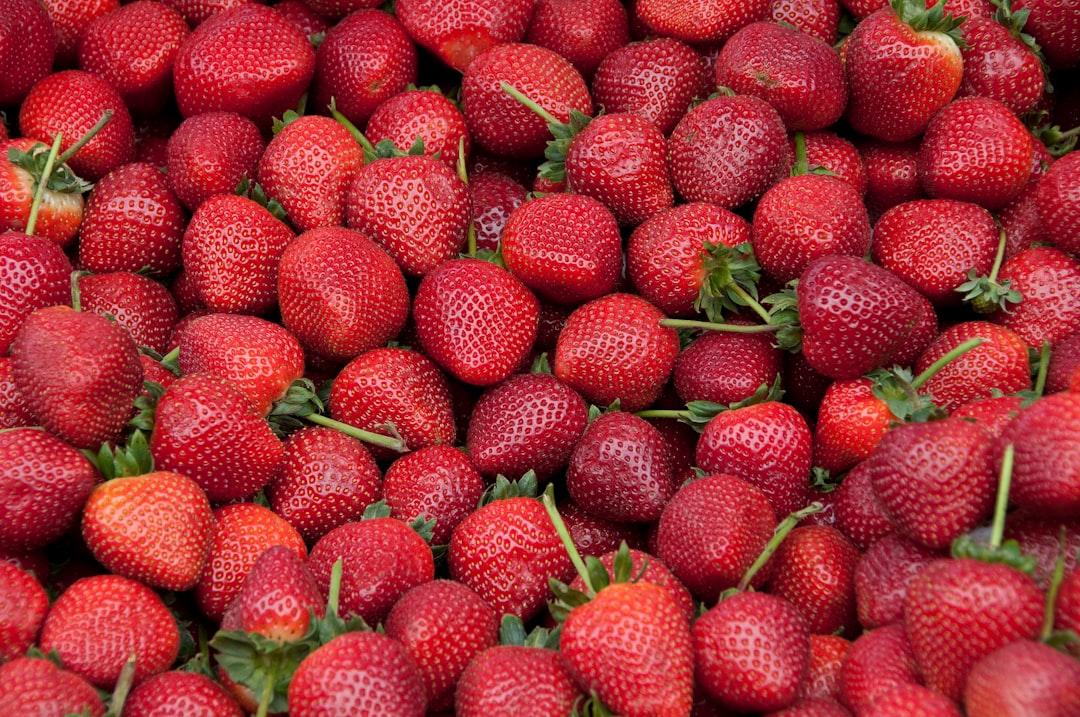 Massimiliano Martini on Unsplash
Massimiliano Martini on Unsplash
12. Cranberries
Cranberries are known best for protecting the body against urinary tract infections as they consist of a-type proanthocyanidins that can prevent E-coli from latching onto the bladder wall. These same proanthocyanidins may also lower the chances of getting cavities, gum disease, tooth decay, and oral cancer.
13. Acai Berries
Native to South America, these berries are not only delicious and great for making acai bowls, they're also packed with antioxidants like anthocyanins. This plant compound can fight free radicals, defending the body against cell damage. Acai berries may also boost cognitive function and manage cholesterol levels.
14. Bananas
Rich in fiber—namely pectin, a type of soluble fiber that turns into a gel to help move food along the digestive tract—bananas are the perfect snack for maintaining a healthy gut. They're also loaded with other nutrients, like potassium, which helps your organs function smoothly.
15. Kumquats
This small, orange fruit is native to China, and while usually described as tart, it can sometimes lean more sour. Kumquats are high in vitamins A and C and have been used as a natural remedy for colds and coughs in Asian countries for hundreds of years.
16. Kiwis
Some may know this fuzzy fruit as a Chinese gooseberry because although it's now grown mostly in New Zealand and the United States, it originated from China. Providing more vitamin C in a single serving than two oranges, kiwis also appear to be beneficial for lowering bad cholesterol according to recent studies.
17. Dragon Fruits
Spiky on the outside, sweet and nutty on the inside, this peculiar-looking fruit is great for managing diabetes, improving heart health, supporting immunity, boosting iron levels, and much more. There are different types of dragon fruit—pink, red, purple, or yellow—and each varies in the vitamins and nutrients they provide.
18. Grapefruits
Not only is eating grapefruit good for weight loss, it's also high in vitamin C, potassium, fiber, as well as plant compounds that may help lower the risk of stroke. This tangy fruit can also control blood sugar, blood pressure, and cholesterol levels.
19. Papayas
Thanks to this fleshy fruit being rich in antioxidants like vitamin C and lycopene, it's known for protecting the body from chronic illnesses, skin damage, and even asthma. Just remember that only ripe papayas can be eaten as-is; if unripe, it must be cooked.
20. Tomatoes
Ranging from the size of a grape to as big as your palm, tomatoes are full of minerals and vitamins like C, K, and B9 that can help lower the risk of heart disease and cancer. They can also be enjoyed in a variety of ways, cooked or raw, without compromising the nutrients they offer.
KEEP ON READING

The Most Popular Signature Dishes Around the World
